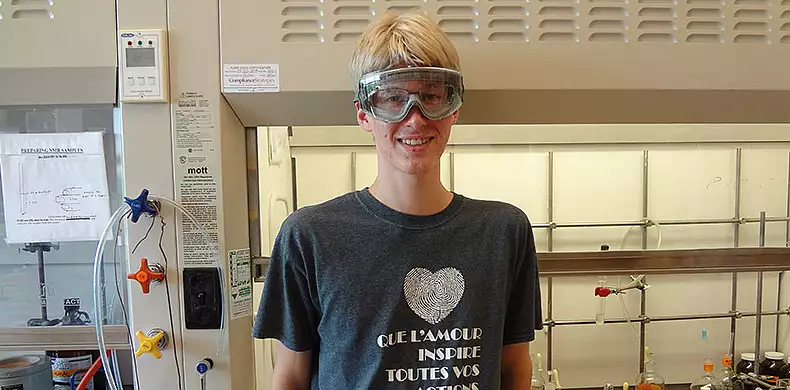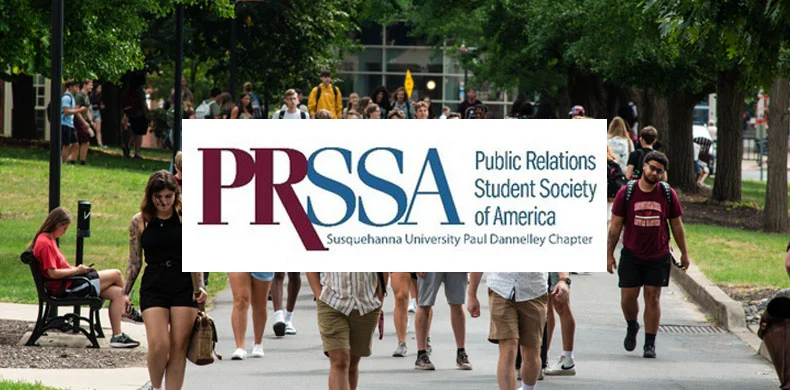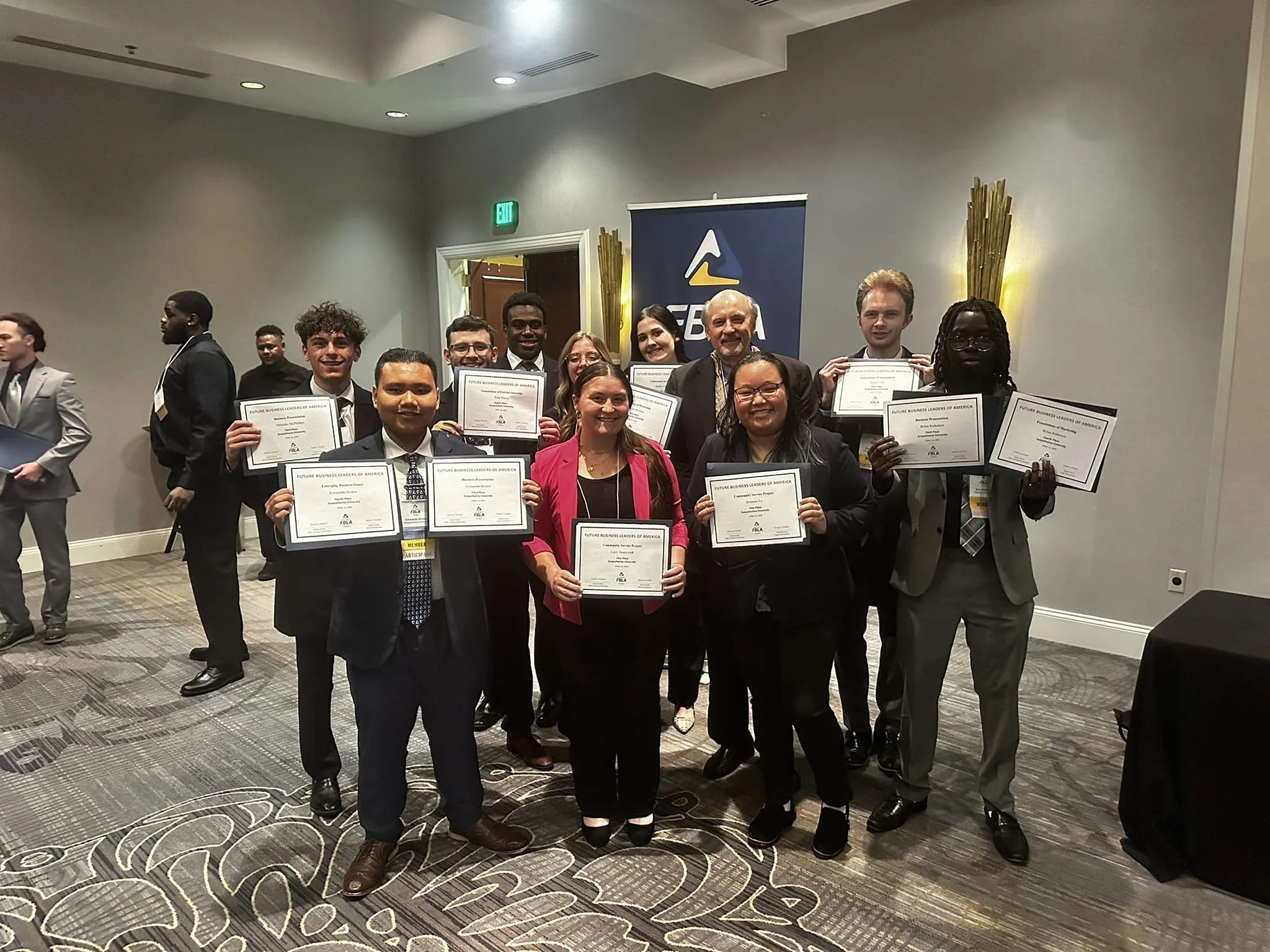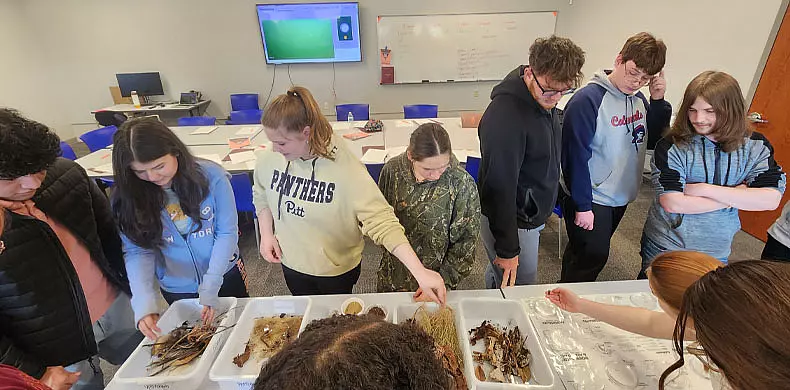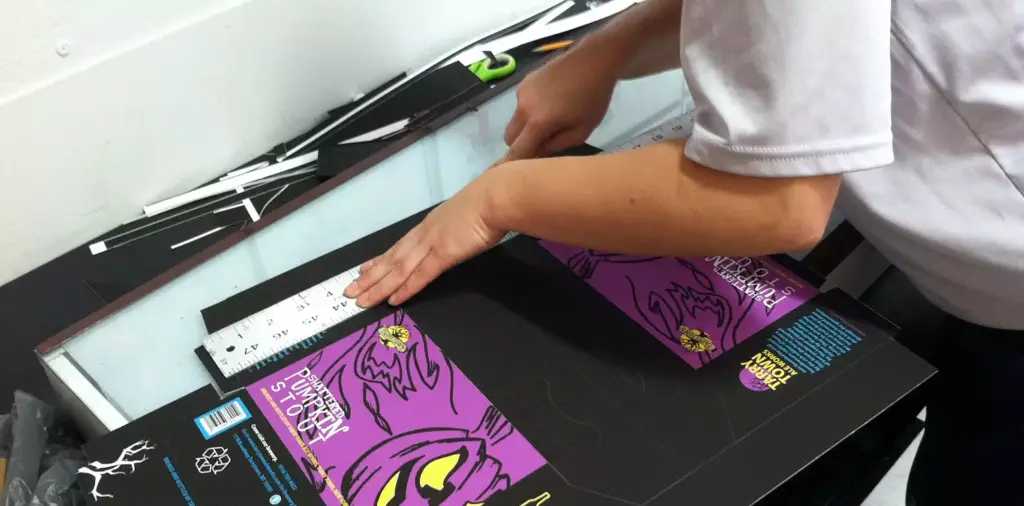How you respond to frustration can determine a lot of things in life—whether you have children, buy furniture from Ikea, or even whether you become a scientist.
While many of us may throw in the towel after repeated roadblocks, junior chemistry major Andrew Ressler sees only opportunity.
“It’s fun,” Ressler says on his next-to-last day in the lab last summer. “A lot of it is playing with Legos on paper and trying to figure out why everything you have on paper isn’t working in practice.”
Ressler is working under the guidance of Geneive Henry, professor and head of the Department of Chemistry, to determine how effectively derivatives of thymol—the main component of thyme oil—act against pathogenic bacteria like Staphylococcus aureus.
Previous studies have shown synthetic derivatives of thymol to have antibacterial effects. Ressler first mixed thymol with a second molecule, also with known antibacterial properties. He then attempted to enhance the mixture further by combining it with metal salts, with the hope of creating a better germ-fighting compound.
“The thinking was that the three would be better together than either two by themselves,” Ressler explains.
However, while mixing the thymol derivatives with metal salts, which Ressler says should have “clicked together like Legos,” the compound fell apart.
Translation: that’s bad. But according to Ressler’s coursework in organic chemistry, it should have worked.
“It was pretty surprising to see that,” Ressler admits.
This is where two roads diverge—the scientist and the non-scientist, those who persevere and those who walk away. Judging from the grin on Ressler’s face, it’s easy to see where he stands.
“Yes, it’s frustrating, but there is also just enough hope to keep going,” Ressler says. He looks to Henry’s experience with expectation and admiration.
“There is so much I don’t know that she knows,” Ressler says. “It’s so cool to see how a real professor does it.”
Of course, there is a lot we don’t know, which is why curiosity and perseverance are such an essential part of academics. Without them, knowledge does not advance.
